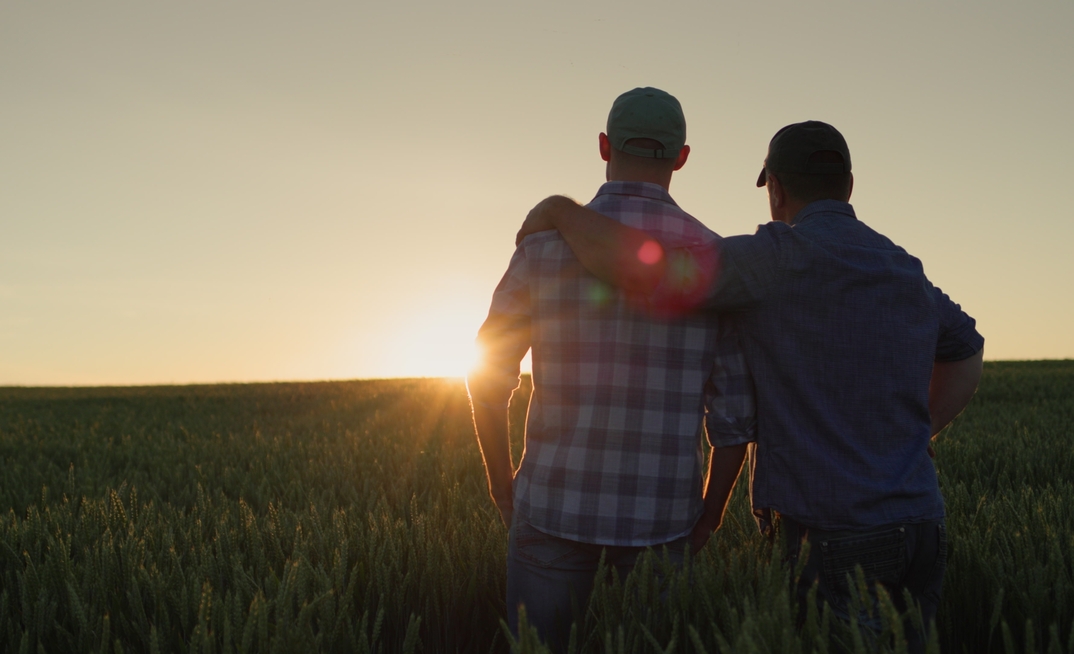A SMALL business advocacy group has joined National Farmers' Federation (NFF) in urging the Federal Government to amend its proposed superannuation changes, warning the legislation will adversely impact thousands of families and small businesses owners across the country.
The Council of Small Business Organisations Australia (COSBOA) echoed NFF's concerns about the unintended consequences the Bill could have on the small business operations and succession plans.
Under the proposed changes a 30 per cent concessional tax rate will be applied to future earnings for superannuation balances over three million dollars, compared to the current rate of up to 15 per cent. However, NFF and COSBOA are particularly concerned about the proposed taxation of unrealised capital gains on holdings proposed in the Bill.
NFF said the increased tax rate will have a detrimental impact on thousands of family farms across the country and particularly those who hold a Self-Managed Superannuation Fund (SMSF) to structure their business.
YOU MIGHT ALSO LIKE
NFF president, David Jochinke said older farmers or business owners often hold assets in a Self-Managed Superannuation Fund and lease the operations to their children, which provides a retirement income and gives the next generation an opportunity to enter the business.
COSBOA CEO, Luke Achterstraat, has joined NFF in urging parliamentarians to consider the real-world impact of the tax changes.
"Our small business owners deserve policies that support, not hinder, their hard work and contributions to the economy," Achterstraat said.
"This new tax on the unrealised gains on assets held in the SMSF may see an increased obligation that represents a significant proportion of an owner's annual income, or even exceed it.
"This may see the older generation left in a terrible situation where they may have to sell their assets to meet this new tax obligation or increase lease rates to their children so much that their own children's business may become unviable.
"The Government has consistently said this Bill targets the top end of town, people with hundreds of millions of dollars in their super accounts – not hard-working, family-run small businesses."
It its submission to the Treasury's consultation on the proposed changes last year, NFF said the additional tax will be levied annually on any increase in land values above the three million dollar threshold, which will leave some farmers struggling to meet the annual tax bill on their land assets without selling the land itself. It said given high land value and modest cash income, this could represent a significant share of a farmers' annual retirement income, or exceed it. It added the value of Australian agricultural land can experience rapid increases based on seasonal conditions, but lease value for agricultural assets does not grow at the same rate, exposing farmers to a significant potential tax liability despite no substantial change in their overall wealth position.
The peak body said numerous other groups providing financial services and advice to small business and farming families, including The Tax Institute, The Financial Advice Association of Australia and The Institute of Financial Professionals Australia, have also raised these issues.
The NFF and COSBOA are calling on the Government and parliamentarians to listen to these concerns, come together and make sensible amendments to the Bill so Australian families and small businesses aren't adversely affected.























